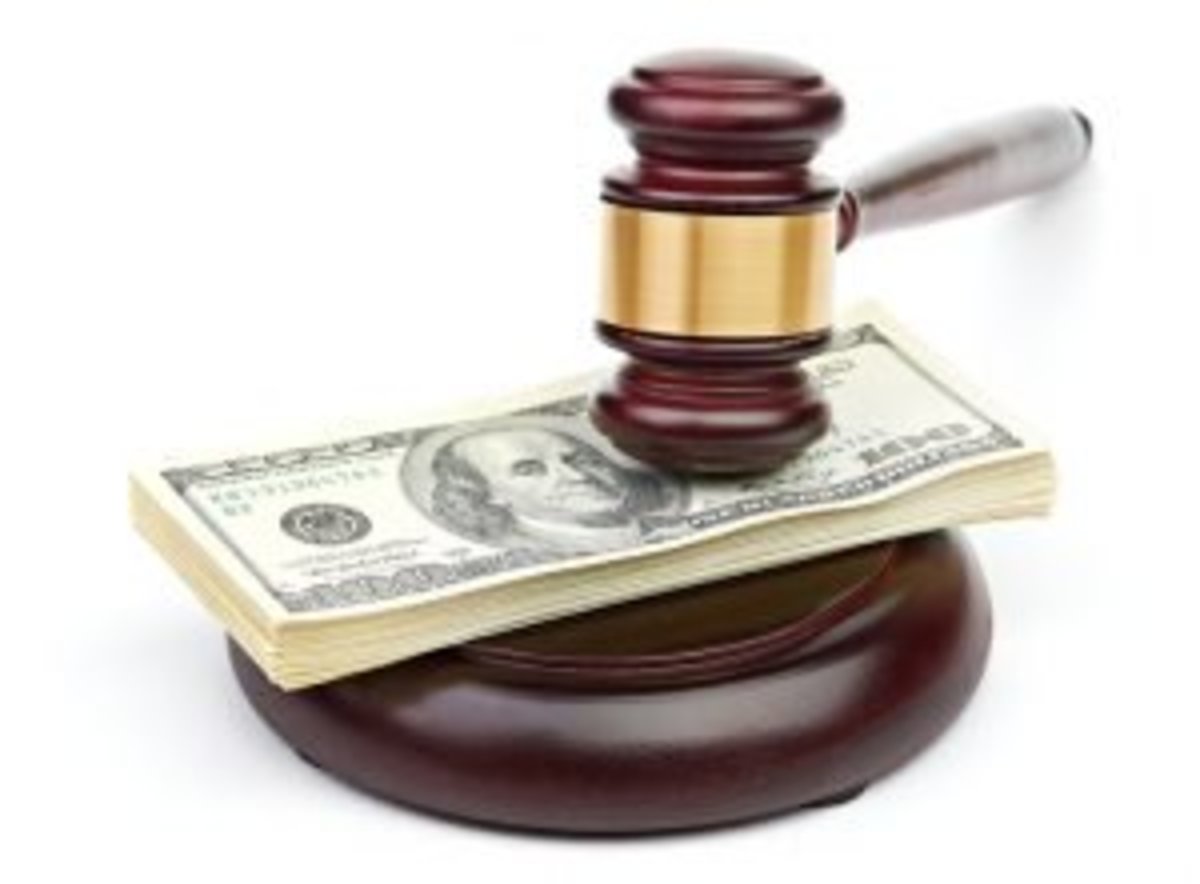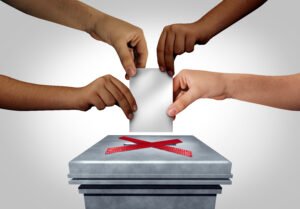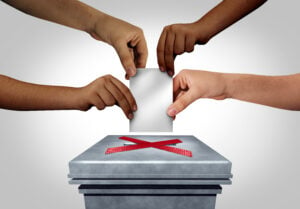
Now that we have considered the principal reasons a startup may choose to issue convertible notes to investors in lieu of selling shares – namely, to raise capital efficiently and without a fixed valuation – let’s get a better understanding of how a convertible note offering works. Because a startup investor’s strategy is fundamentally high-risk high-reward, convertible notes look much different than, for example, a traditional bank loan to a small business. The goal of a small business lender is to collect interest income whereas the goal of a convertible note investor is to acquire equity in a startup (at a discount) and eventually participate in a liquidity event in the form of a company sale or IPO. Therefore, the deal terms of a convertible note offering differ significantly from more traditional forms of debt financing and are more negotiable. For this reason, it is important for founders and investors to understand the typical deal terms when issuing or investing in a convertible note.
Principal and Interest
Like any loan, the convertible note will have a principal amount and an interest rate. The principal amount is the amount the investor is investing, which will accrue interest after the note is issued and until the note is converted or repaid. If a convertible note converts into equity, the accrued interest is usually included in the conversion amount resulting in slightly more equity going to the investor. For example, if an investor invests $100k with simple interest at 3%, and the notes convert into equity after two years, the investor is treated as investing $106k into the equity round. Since a startup investor is not really after interest income, the interest rate is not normally a highly negotiated part of the deal and often ranges from 3-5% for a “first money” note offering.
Loan Term
The length of the loan term should give the founders sufficient time to get the company in a position to raise an equity financing, which will convert the notes. A term of 12-24 months after the sale of the first convertible note in the offering is typical. Although the investors can technically demand repayment of their principal and interest when the notes mature, most of the time the maturity date will be extended if the company has not raised an equity financing by the maturity date. If the company is issuing notes to multiple investors, the notes should all have the same maturity date so founders do not have to negotiate an extension each time a different note matures. Also, founders should consider giving holders of a majority-in-interest of the outstanding notes the right to extend the maturity date for all note investors. This prohibits a disgruntled minority investor from demanding repayment of its investment when the funds may not be there.
Prepayment
Since the investor wants its principal amount plus any accrued interest converting into equity, prepayment of the investment amount is usually not permitted. Startup investors don’t expect that their companies will have a lot of cash on hand to prepay notes; in fact, it could be seen as a red flag that the company is not reinvesting its earnings in a way that maximizes its growth opportunities.
Conversion on Equity Financing
The most common (and hoped for) outcome is that the convertible notes convert upon the company’s next equity financing. The convertible note investors ideally want the notes to convert into preferred stock, so their hope is that the equity financing that triggers the conversion is led by an institutional investor who will negotiate the terms of the preferred stock. For this reason, the convertible note will only convert on a “Qualified Financing” that results in investment capital exceeding a defined minimum threshold, which is often $500k – $1.5M range depending on the deal. Although note investors want to convert into preferred stock, the notes typically allow for a common stock offering exceeding the specified threshold to convert the notes, and in that case, the convertible notes would convert into common stock at the discount discussed below.
Valuation Caps and Discounts
The convertible note investor is compensated for the risk of investing before the equity financing in the form of a conversion discount. This can be structured simply as a discount, a valuation cap, or both. Most first-money note offerings will give the investor both a discount in the 15-25% range and a discount determined by the valuation cap, whichever results in a lower price for the note investor when its investment converts into equity. For example, let’s assume a company issues an investor a convertible note with a 20% discount and a valuation cap of $5 million. If the company raises a Series A round at a $10 million valuation, the note will convert at the valuation cap because it results in a 50% discount. If, however, the company raises a Series A at a $5 million valuation, the convertible note will convert in at the 20% discount since the $5 million valuation cap provides no benefit.
Conversion at Maturity or Company Sale
Investors will often negotiate additional rights for conversion on maturity or company sale. It is particularly common to give each of the note investors a choice in the event of a company sale to convert to common stock at an agreed upon valuation or receive a multiple of their investment back. If the founders have agreed to sell the company, the note investors will simply take into account the sale price of the company to determine which option results in more money for the investor.
If the company has not raised a “qualified” equity financing by the maturity date, the investors will likely extend the maturity date instead of demanding repayment of the notes. However, the investors may also have negotiated a conversion right allowing them to convert their notes into common stock at maturity. If this right was included, the valuation cap will often be included as the presumed valuation for the investors to convert their principal and interest amount into common stock. Similarly, if the company sells before the notes have converted, the investor often has the ability to convert its note to common stock at a fixed valuation and participate in the sale if it results in more proceeds than a repayment of interest and principal.
Conclusion
Hopefully, this article helps founders and investors alike to understand the typical features of a convertible note offering. It is important to note that what is “standard” often depends on the stage the company is in. A later stage convertible note bridge round will look different than a first-money note offering. In any case, “non-standard” deal terms tend to appear when founders are too eager to take in money or an investor is too quick to jump on a deal, which can cause significant problems down the road. For example, if an investor has the right to get 5x its investment when the company sells, that is going to make future fundraising or a potential company sale more difficult, which is bad for both sides. Similarly, investors can miss out on a lot of value at conversion if they fail to read and negotiate the terms of the convertible note carefully. My advice: read the documents, do your research, and don’t deviate too far from the typical structure unless there is a compelling reason to do so.
This article is for general information only. The information presented should not be construed to be formal legal advice nor the formation of a lawyer/client relationship.










 Kathryn Rubino is a Senior Editor at Above the Law, and host of
Kathryn Rubino is a Senior Editor at Above the Law, and host of 
 Jordan Rothman is a partner of
Jordan Rothman is a partner of 


 Practising Law Institute is a nonprofit learning organization dedicated to keeping attorneys and other professionals at the forefront of knowledge and expertise. PLI is chartered by the Regents of the University of the State of New York and was founded in 1933 by Harold P. Seligson. The organization provides the highest quality, accredited, continuing legal and professional education programs in a variety of formats which are delivered by more than 4,000 volunteer faculty including prominent lawyers, judges, investment bankers, accountants, corporate counsel, and U.S. and international government regulators. PLI publishes a comprehensive library of Treatises, Course Handbooks, Answer Books and Journals also available through the PLI PLUS online platform. The essence of PLI’s mission is its commitment to the pro bono community. View PLI’s upcoming live webcasts
Practising Law Institute is a nonprofit learning organization dedicated to keeping attorneys and other professionals at the forefront of knowledge and expertise. PLI is chartered by the Regents of the University of the State of New York and was founded in 1933 by Harold P. Seligson. The organization provides the highest quality, accredited, continuing legal and professional education programs in a variety of formats which are delivered by more than 4,000 volunteer faculty including prominent lawyers, judges, investment bankers, accountants, corporate counsel, and U.S. and international government regulators. PLI publishes a comprehensive library of Treatises, Course Handbooks, Answer Books and Journals also available through the PLI PLUS online platform. The essence of PLI’s mission is its commitment to the pro bono community. View PLI’s upcoming live webcasts 
